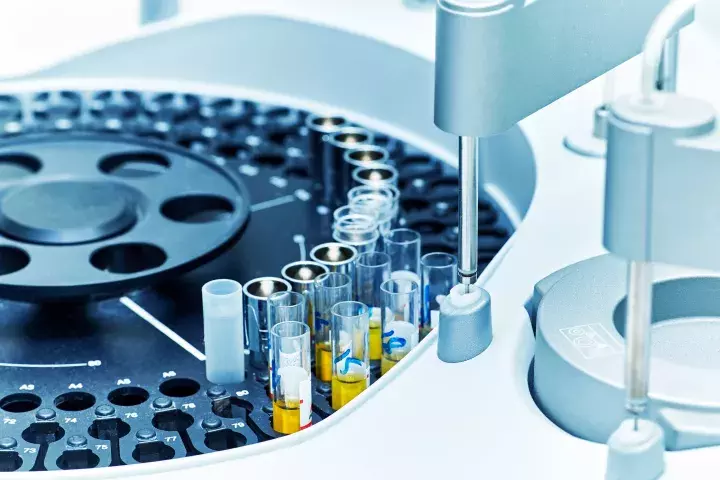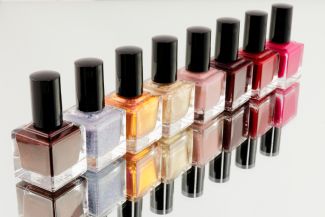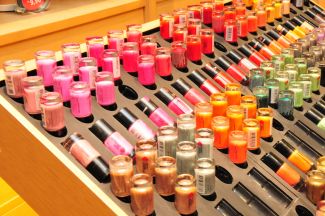
Recently, cases of falsification of test reports have been increasing. A test report is an important part of EAC certification as it proves that the product meets the required standards.
For successful EAC certification or EAC declaration in the Eurasian Economic Union, products to be imported must, in most cases, be tested by accredited testing laboratories. Test reports are then drawn up on the basis of the test results. The test report is an official document confirming the product's compliance with the specified standards. Test reports are required by the certification body in the EAEU during the conformity assessment. The requirements for the design and content of test reports are defined in GOST 58973-2020 "Conformity assessment. Rules for the registration of test reports."
EAC certification is a system introduced by the Eurasian Economic Union (EAEU) and is used to proof the conformity of products with the EAEU's technical regulations.
Falsification of test reports is a serious problem, as they can jeopardize the protection of consumers and the environment and affect fair competition.
Working with unscrupulous intermediaries of certification services to save time and money carries great risks for the applicant. Under current law, the applicant is fully responsible for the accuracy of the declaration and may inadvertently become an accomplice to a crime by using counterfeit test reports. According to the "Code of Administrative Offenses of the Russian Federation," Article 14.44 provides for high penalties, suspension of EAC declarations or certificates, and a sales ban on products for false conformity declarations.
What manufacturers should consider:
- To avoid falsification of test reports, manufacturers should ensure that they work with reliable partners and accredited certification bodies and testing laboratories.
- The applicant/manufacturer should check the register of accredited persons on the website of the Federal Accreditation Service to see if the laboratory is listed in the register. It is also important to check which technical regulations the laboratory is accredited for.
- If you are undergoing the EAC certification and the certification body or your local partner (service provider) does not request samples for testing, it may indicate a forgery. In the case of serial certification, sample testing is mandatory, and the products must pass all required tests. The tests are defined in the technical regulations and corresponding GOST standards.
- If you have a test report that lists you as a customer but you have not contacted the testing facility yourself, it is a forgery. Test reports list the legal entity as the customer that has entered into a contract with the laboratory. Reputable accredited bodies always have contracts with accredited laboratories.
- The partner provides the manufacturer with a black-and-white copy of the test report, which is signed and sealed with their original signature. The test report is signed and stamped by the laboratory and not by the applicant or any other person. If you do not have the original test report with the blue seal and the laboratory's signature, it suggests that the test report has been falsified.
We only work with accredited certification bodies and laboratories.
If you suspect that a test report is counterfeit, you can contact us. We will verify everything for you.





